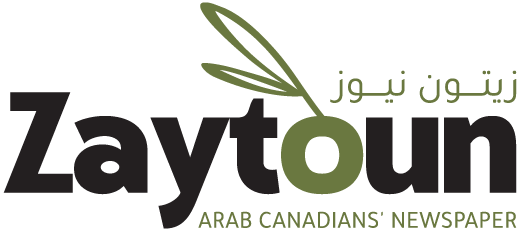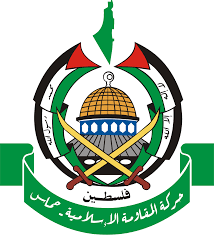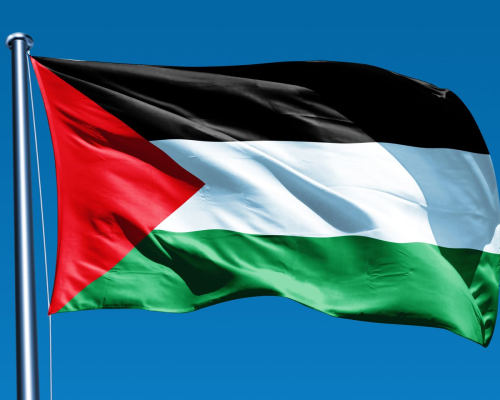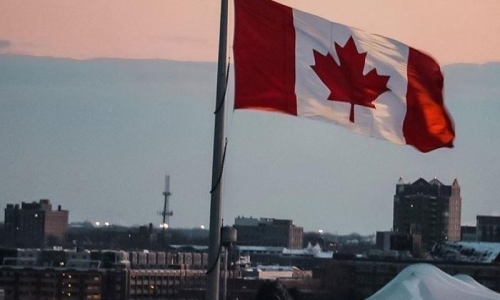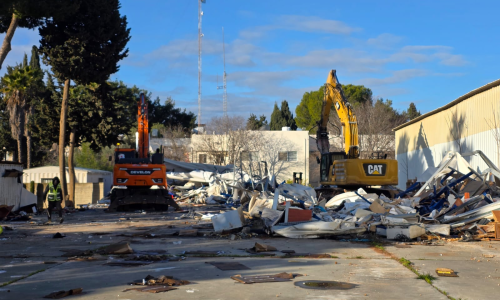By Taghreed Saadeh
Since its founding in the late 1980s, Hamas has faced a difficult paradox, being a military resistance movement while simultaneously striving to transform into a political authority that governs society. This duality, initially a source of strength because it combined “weapon” with “social service,” has today become a source of internal division that threatens the movement itself, as Gaza has turned into a contested arena between leaders, wings, factions, and armed clans, amid a comprehensive institutional collapse after two years of devastating war.
From the mid-1990s until the first decade of the 2000s, the first signs of internal division within Hamas began to appear. The movement witnessed sharp debates between the current that saw social and political work as the path to gaining popular legitimacy and building a mass base, and the military wing that insisted armed resistance was the only way to liberate Palestine.
According to studies by The Washington Institute, weak funding and reduced regional support at the time led some Hamas leaders to consider deescalation or indirect negotiations, while the Qassam Brigades completely rejected this, considering any political settlement a betrayal of blood and sacrifices.
This marked the beginning of an ideological split that would later deepen as the movement transitioned from being a “resistance” to a “ruling authority.”
The moment Hamas took control of Gaza in 2007 revealed the movement’s greatest dilemma. After the bloody clash with Fatah and the ousting of its rivals from the Strip, Hamas became the absolute ruler. However, this control created a new reality the movement had never faced before, managing daily governance, security, the economy, services, and foreign relations, issues that cannot be managed solely with a resistance mindset.
Since then, internal disparities have emerged within Hamas itself, between those who see governance as necessary to protect the resistance, and those who believe ruling drags the movement into a quagmire of compromises and civil administration far removed from its resistant core.
Today, following the October 7, 2023 attack and the war that exhausted the Strip to its last breath, Hamas faces its most dangerous organizational phase.
Foreign reports, including The Washington Post and The Times, have documented internal confrontations in Rafah between Qassam Brigades members and local armed groups believed to have lost contact with leadership for months.
What is particularly concerning is that some of these groups reportedly receive logistical support from regional actors, in what newspapers described as an attempt to use local forces to undermine Hamas’s dominance on the ground.
Hamas responded with a violent security campaign against tribal groups in Rafah, accusing them of “betrayal and collusion with the enemy.” However, other reports suggested that what occurred was closer to an internal struggle over influence and power rather than a mere security confrontation.
For years, Hamas prided itself on uniting Palestinian factions under the banner of the “Joint Operations Room,” but today the reality on the ground tells a different story.
The Islamic Jihad Movement, Hamas’s closest military ally, has increasingly acted with field independence, especially in Rafah and Khan Yunis, where disputes arose over control of mosques and areas of influence.
The Popular Front for the Liberation of Palestine (PFLP) has openly criticized what it calls Hamas’s “monopoly over political and military decisions,” demanding a redefinition of resistance as a joint national effort rather than an organizational monopoly.
The National reported that factions participating in the recent war did not receive unified orders, often acting with independent field decisions, highlighting the depth of fragmentation within Gaza’s resistance framework.
The pressures of war, massive human and material losses, and infrastructure destruction have weakened Hamas’s organizational control, encouraging field leaders to make independent decisions. The paradox of governing while resisting places Hamas in a perpetual dilemma, how to be a responsible authority for the people while simultaneously acting as a resistance movement challenging the world?
U.S. and Arab pressures to manage the post-war phase have placed the movement in a defensive position, forcing it to reposition itself to avoid losing control.
Allies have shifted: factions once considered partners by Hamas now demand equal roles and oppose some of its decisions, increasing tension. Rafah, as a testing ground with its open border with Egypt and weak central grip, has naturally become a stage for rebellion and internal division.
In light of these indicators, Hamas no longer resembles the movement Palestinians knew two decades ago. Internal division extends beyond ideological differences to the very structure of leadership, the field, and funding. There is the “external Hamas,” operating with politics and diplomacy, and the “internal Hamas,” which still sees armed resistance as the only means of survival. Between them stands the Qassam Brigades, attempting to enforce discipline by force, while its popularity erodes due to deteriorating living conditions and the loss of public trust after years of siege and war.
